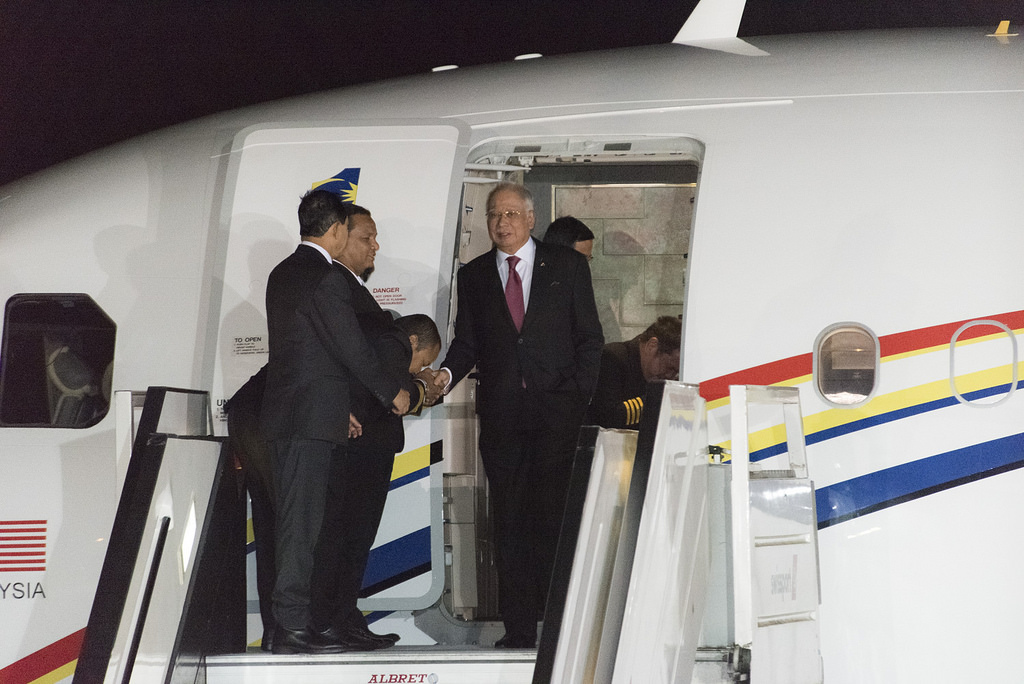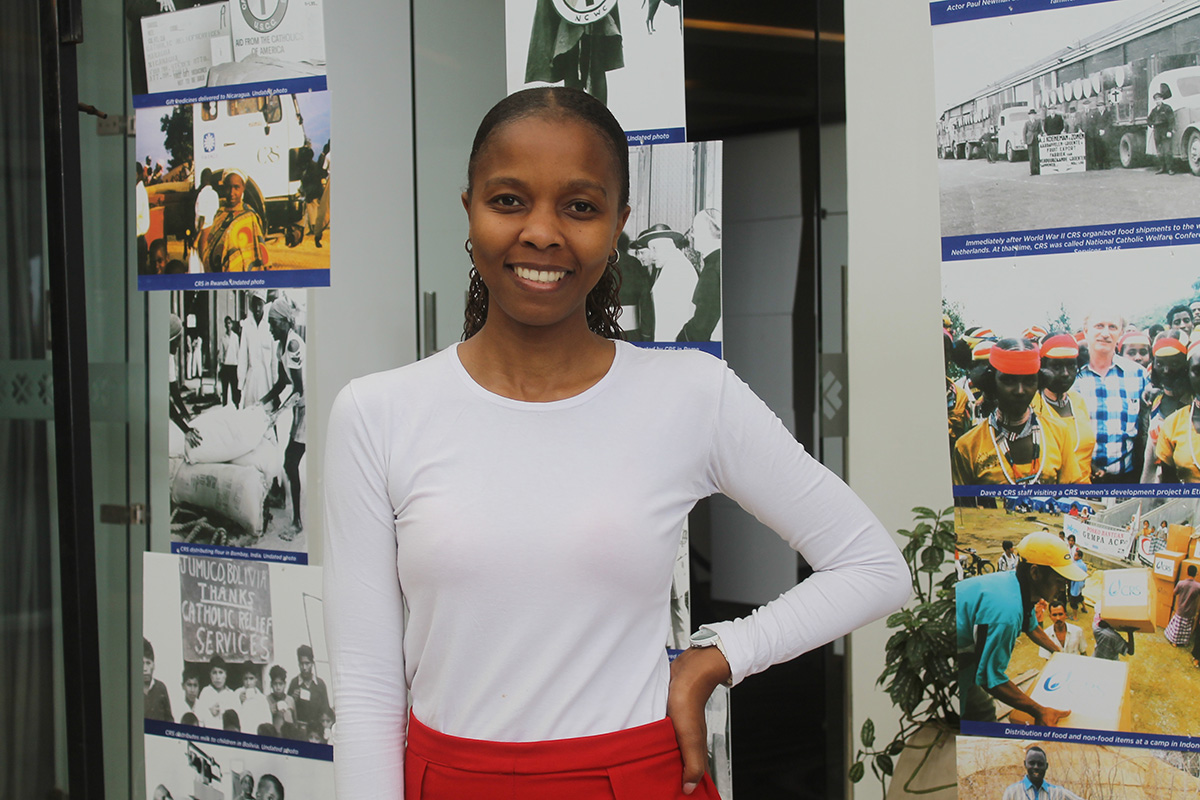“Democracy in Southeast Asia: 2016 in review”
January 10 In a year-end review, Debra Grace Lim Jia-En, 17, a Correspondent from Malaysia, highlights the major political shifts, trends and achievements that could shape democracy in an evolving and influential part of the globe.
In a year-end review, Debra Grace Lim Jia-En, 17, a Correspondent from Malaysia, highlights the major political shifts, trends and achievements that could shape democracy in an evolving and influential part of the globe.
2016 was a trying year on many fronts. Global markets contracted and growth slowed, even in commercial giants like India and China. Political instability was palpable: Brexit, Donald Trump the president-elect of the United States, Germany preparing for elections, President Park of South Korea was impeached and Italian Prime Minister Matteo Renzi resigned. The Iraqi and Syrian civil wars still raged, fueling the largest refugee crisis the world has ever seen. Ethnic violence continued in places such as South Sudan and Kashmir.
Events in Southeast-Asia largely flew under the radar amidst the heavily covered events in the rest of the world. Nevertheless, 2016 was a tumultuous time for democracy for many countries in this part of the globe. As the year closed, some nations appeared to be inching towards the ideals of an egalitarian society while their neighbours veered towards a draconian path.
The ongoing Rohingya crisis tainted Myanmar’s otherwise promising prospects as a success story for democracy. The general elections at the end of 2015 established the first civilian government in half a century. Since then, over a hundred political prisoners have been released. Recently, the 2016 Union Peace Conference culminated in the ‘Seven Steps Roadmap’, marking a new milestone for Burmese reconciliation and peace. At the same time, the continued systemic discrimination against the hundreds of thousands of Rohingya Muslims persists. They are still not recognised as one of the ethnic groups in Myanmar, forcing them to remain stateless: denied basic human rights and government protection against their antagonists. The ball is now in the new government’s court to stand up for these people who have been marginalised for far too long.
In the Philippines, newly-elected President Duterte’s war on drugs quickly escalated. An estimated 6000 people were killed within months of his inauguration. Political watchdogs fear that these killings set a precedent for greater censorship of the president’s critics, suggesting a more autocratic future may be in store for the Filipino people. However, Duterte has simultaneously proposed several constitutional amendments that would allow greater parliamentarianism in the country; an unprecedented move compared to previous presidents. The amendments that Duterte is advocating would allow each of the nation’s 18 regions greater autonomy in combating the issues of corruption and economic inequality prevalent in the country. Hopefully, the Philippines will move towards greater democratic representation instead of falling into authoritarian clutches in the days to come.
Despite the Vietnamese Communist Party’s unyielding hold on the country’s electoral processes, a growing culture of protest and activism has emerged amongst the population. Multiple protests have risen across the country since May – many of these protests drawing thousands of demonstrators – in the wake of the Formosa Plastics disaster. The massive toxic spill killed millions of fish in central Vietnam, destroying the livelihoods of over 200,000 civilians and devastating many provincial economies. The government’s acknowledgement of the situation and promise to compensate the fishermen is encouraging for local activists. In spite of that, the imprisonment of two bloggers for ‘abusing democratic freedoms’, the omnipresence of the secret police, as well as heavy press censorship underscores how much progress still needs to be made if Vietnam is to become a democratic society.
Malaysian Prime Minister Najib Razak continues to be embroiled in the infamous 1MDB embezzlement scandal. Though he was controversially cleared of all corruption charges by the Malaysian attorney general in January 2016, there has been heavy suppression of media news outlets that attempt to report on the allegations of corruption, forcing several news organisations to cease publication. The National Security Act implemented in August gives much cause for alarm as well. Not only does it allow warrant-less search and arrest, property seizure and bans on demonstrations, it also gives security forces the authority to use lethal force without internationally recognised safeguards. Amnesty International has condemned the act as an excuse “to crack down on peaceful protests under the guise of national security”, criticising the government for assuming “potentially abusive powers”. With general elections on the horizon in 2017 or 2018, Malaysia’s future as a representative democracy will once again be at stake.
The diversity of Southeast-Asia continues to bring a myriad of challenges to the advent of governance by the people in the region. Many of these advancing nations are coming to a critical crossroad in their respective political and social developments.
Regardless of the paths they take, it is self-evident that the next few years will be pivotal in determining whether the core principles of democracy will prevail in this ever-evolving part of the globe.
Photo credit: APEC PERU 2016 _FOT6040_apec_T via photopin (license)
………………………………………………………………………………………………………………………………………………………………
About me: Hi! My name’s Debra and I’m from Malaysia. I aspire to be a lawyer one day, and I have a special interest in public policy and its implementation, social justice and international trade.
Currently, I’m a Lower Sixth student at Kolej Tuanku Jaa’far, studying for my A levels. When I’m not reading, writing or volunteering, I also enjoy the performing arts, playing music, Model United Nations conferences and travelling.
………………………………………………………………………………………………………………………………………………………………
Opinions expressed in this article are those of the author and do not necessarily represent the views of the Commonwealth Youth Programme. Articles are published in a spirit of dialogue, respect and understanding. If you disagree, why not submit a response?
To learn more about becoming a Commonwealth Correspondent please visit: http://www.yourcommonwealth.org/submit-articles/
………………………………………………………………………………………………




